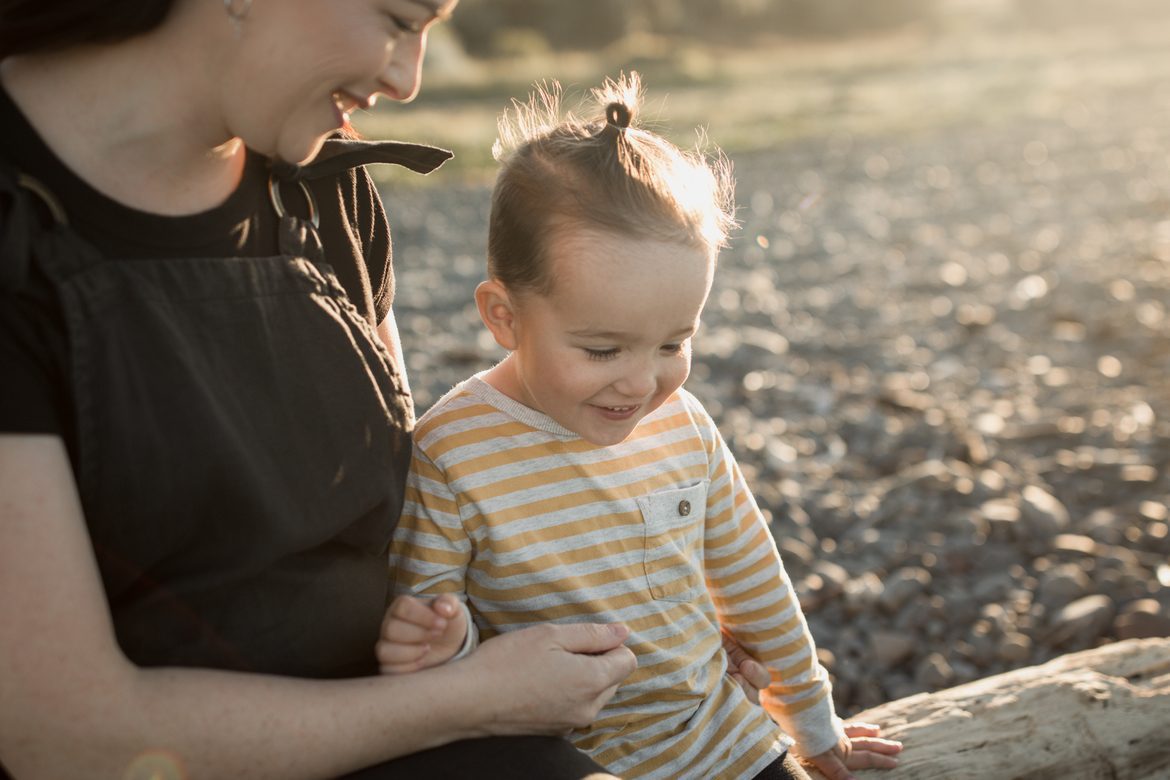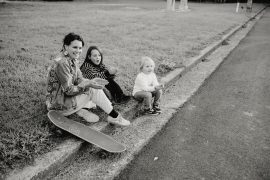By Adrienne Wood
Jasper sat on the bench, unmoving. His face wore a scowl. In front of him were a noisy group of children in the swimming pool beginning their lesson.
“Come on Jasper!” cried his Mother. “All the other kids are already in. Why can’t you just be like the other children for once and get in the pool?!”
Sitting on the bench alone, dressed in nothing but his swimsuit with arms wrapped round his legs, Jasper scrunched down a little further and turned his back towards his mother.
Looking at him sitting resolutely on the bench, she knew there was no moving him in this mood.
She gave a sigh and her gaze wandered over the happy group splashing in the water in front of her. What have I done to deserve this? She wondered. All along I’ve coaxed him to dress himself, feed himself, walk by himself.
Each new step in his childhood had been a real challenge. Jasper seemed determined to do just the opposite of everything she wanted him to. She’d place a spoon in his hand when he was two and he’d throw it on the floor. She’d pick him up out of the pram when he was three, and walk well ahead of him, hoping he would follow on his own two feet. Oh the shame she’d felt when time and again she’d had to resort to walking back down the road to fetch him after long minutes had passed. Now he was eight and STILL he couldn’t seem to join the other kids on his own at swimming.
It wasn’t as if she liked pushing to get him to do things for himself, but she knew she was doing the right thing, getting him to grow up and act as independently as the other kids… wasn’t she?
About Dependence
Dependence is an inherent part of childhood. It is in the nature of a child to be dependent on us, yet dependence has become a “dirty word” in today’s parenting culture. And it’s no wonder. Ever since Margaret Goldman and Rudolf Dreikurs assertively stated, “Never do for a child what a child can do for himself,” we have been scolding ourselves for showing signs of parental weakness every time we “give in” to a child and help them out with something they’re struggling with.
We have been taught to encourage independence at every turn, whether it be in toileting, eating, learning or in peer relationships.
However, times are changing and former parenting experts who claimed picking up a crying baby would “spoil” it, have now begun to be ignored in the face of convincing new evidence that shows “cuddled children grow up to be healthier, less depressed, kinder, more empathetic, and more productive adults.”
While we’re increasingly happy to accept that babies are allowed to have dependency needs, we’re still struggling with the fact that children and even adolescents have valid dependency needs that must also be met.
A deeper understanding of child development and maturation shows us that dependence is an important stage we must go through on the way to becoming independent. Resilience research reveals children who are raised with a caring, supportive home environment have far better outcomes in adolescence and adulthood than those who don’t. When children feel cared for, supported and loved they are far more likely to become confident learners, make friends more easily and take risks where necessary in order to thrive. Just as we must first learn to walk before we can run, so too we must experience dependence before we are developmentally ready for independent functioning.
Psychologist Gordon Neufeld believes that if we can first take care of the dependency needs of a child, then the independent behaviour will naturally unfold in its own time. Just as a toddler will push us away with a clear, “I do it myself!” when they’re ready to put on their own shoes, so too will an older child one day announce, “It’s ok Daddy, I don’t need you to walk me to the classroom door today”.
The key is to “fill their cup” with lots of generous support and care first. Once they feel filled up with our generous invitation to depend, they will spontaneously want to do it on their own.
But be careful, warns Dr Neufeld, because the emergence of independence is a delicate thing. Just because a child has done it once by themselves, doesn’t mean they’re always ready to do it for themselves. A child who can happily walk away from us at the school gate one day may not be able to do it the next if they’re tired, anxious or feeling uncertain that day. We must unquestioningly and generously invite a child’s dependence when she or he is struggling, regardless of the fact they may have done it by themselves at some other time.
Inviting dependence from a child, in fact, is not as easy as it may sound. If your relationship with your child is marked by a quick fuse or too little connection, or if you simply have a particularly sensitive child, they may shrink from your lead. It feels vulnerable for a child to depend upon us and many children instinctively take an “alpha stance” putting themselves at the steering wheel, rather than face up to the vulnerability of looking to us for help and advice. If this is the case, first work to make it feel safe for the child to depend upon you.











